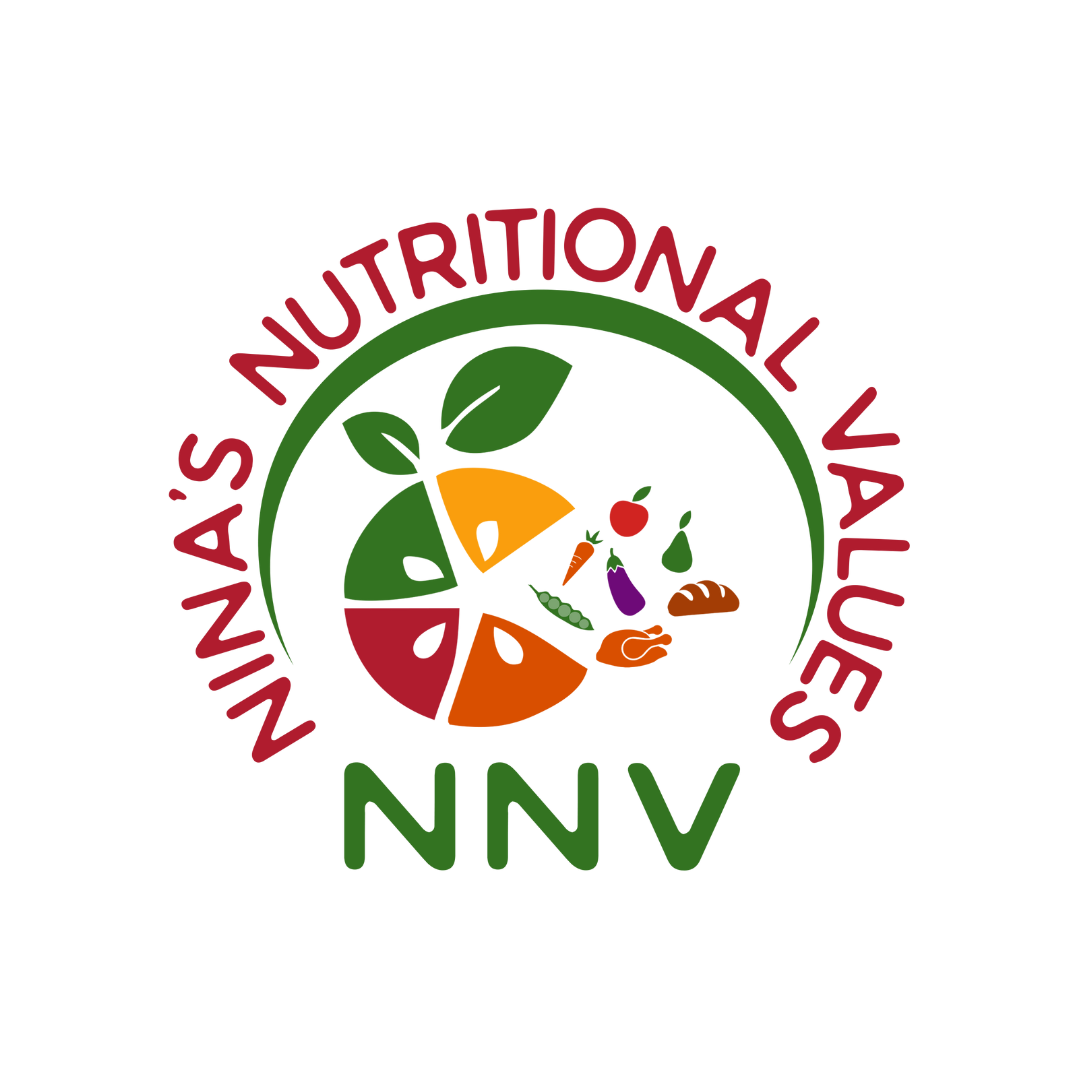How Foods With Hidden Sugars Negatively ImpactYour Health
You might be unpleasantly surprised to find that bottled and packaged foods that don’t taste sweet contain hidden sweeteners. So, even if you’re mindfully skipping candy and desserts, you may be consuming far more than a day’s worth of sugar. Sugar may be why you’ve reduced the calories in your diet but aren’t losing weight. Let’s explore how sugar negatively impacts your health and highlight a few unexpected foods with hidden sugars.
What Is Sugar?
Sugar is a shining example of how too much of a good thing can be bad. Sugar is a carbohydrate that your body processes as glucose. Glucose is your body’s primary source of energy, fueling cells, tissues, and organs. When you eat a well-balanced diet based primarily on whole foods, it’s difficult to obtain too much sugar. Difficult but not impossible.
Fruits, vegetables, dairy, nuts, and seeds all contain natural sugars. So do natural sweeteners, including agave, maple syrup, and honey. Mindful moderation is key to ensuring that you don’t consume too many grams of natural sugar (unrefined/unprocessed) or added sugar (refined/processed) per day.
Is High Fructose Corn Syrup Worse Than Sugar?
High fructose corn syrup is one of many names for the added sugars in sweet, salty, and savory bottled and packaged foods. High fructose corn syrup gets a lot of negative attention, but like most sweeteners, it’s comprised of glucose and fructose.
Unless you have diabetes, which added sugar you choose makes little to no difference.
According to Harvard Medical School:
Table sugar contains equal amounts of glucose and fructose.
High fructose corn syrup is 45% glucose and 55% fructose.
Agave nectar is up to 90% fructose and 10% glucose.
How Too Much Sugar Negatively Impacts Health?
Your body digests natural sugar sources slower than processed sugars, resulting in a steady stream of glucose/energy. Foods with hidden sugars cause your blood glucose levels to rapidly rise and drop. This is why you experience a sugar high but feel drained an hour or two after eating processed sugar.
In addition to food, you must be mindful of the sugars and artificial sweeteners you drink in soda, flavored coffees, and other beverages.
Here are the top ways sugar may negatively impact your health:
Cardiovascular Health
High blood glucose levels signal the pancreas to create more insulin. When you frequently have too much insulin in your bloodstream, it causes inflammation in your arteries. Chronically inflamed arteries grow thick and stiff, increasing your risk for cardiovascular disease.
Diabetes
When your pancreas is forced to work on overdrive to produce insulin, it increases your risk for pancreatic failure and insulin resistance. This can lead to Type 2 diabetes.
Obesity
When you consume more sugar than your body can use for energy, it’s stored as fat. If you’re obese, reducing the added sugar in your diet can lead to rapid weight loss.
And More
Consuming hidden sugars can lead to whole-body inflammation, lethargy, a decline in mental health, and other health concerns.
What Foods Contain Hidden Sugars?
You might be choosing your foods with the best of intentions, but unknowingly consuming added sugar. It doesn’t help that there are about 60 names for sugar, many of which don’t show up in the grams per serving on the product label.
Here are some foods that may contain a day or more worth of hidden sugars:
Soda
Artificial fruit juice
Flavored coffee
Flavored non-dairy milk
Sports beverages
Fruit-flavored yogurt
Salad dressing
Bottled sauce
Protein bars
Breakfast bars
Canned fruit
Gummy supplements
Multigrain cereal
Salty snacks
Savory snacks
Processed meat
Low-fat foods
Low-calorie foods
Need Help Assessing The Added Sugar in Your Diet?
Added sugar is everywhere! Transitioning to a whole foods diet reduces the calories and sugar you consume for improved whole-body health. Unlike traditional diets, I work with you to create healthful, filling, and delicious meal plans to help you thrive in every area of life.



